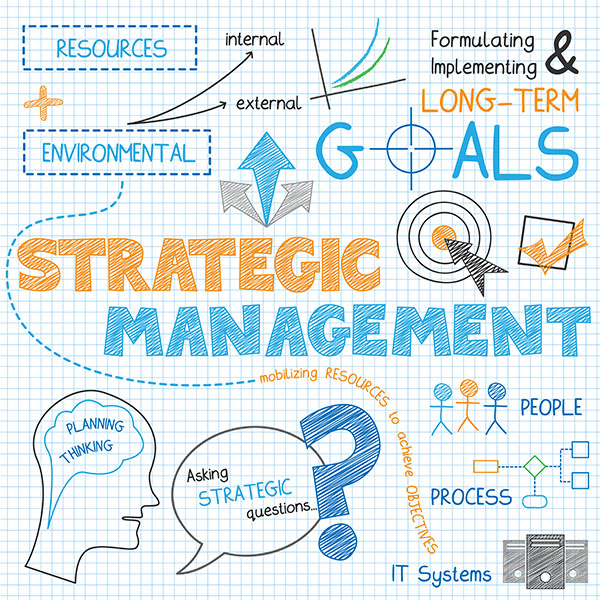How to implement your marketing automation software
We have previously talked about the benefits of marketing automation (MA) and how choosing the right MA software can really transform the way you market your business or product. However, getting it off the ground and making it really work for you can be an overwhelming experience for many marketers – especially those with a non-technical background

“Let’s start at the beginning, a very good place to start”
Maria and the von Trapp children were genuinely onto something when they sang this. Whilst it seems the most obvious thing in the world, starting at the beginning is all too often bypassed as everyone gets excited about the potential offered by the project at hand.
Successful implementation of any MA software really does start in the ‘initial requirements gathering exercise’. This is the time to define what you want to achieve in addition to the functionality and tools you want to have at your disposal.
Getting this down on paper and agreed early will help to shape the entire process and ensure you pick the right partner.
Planning, planning and more planning
Oh yes, this is so huge that you just can’t leave anything to chance. The best way to approach it is to start listing out all the core items of functionality that you need to have at ‘stage 1’. For example, this could be:
- Integrate social media
- Facebook page
- LinkedIn Page
- Twitter account
- Set up user accounts
- Set up sales user accounts
- Add site tracking code
Stage 1 could well be your quick wins, i.e. what can you do so to start using the tools from day 1? The more quick wins you have out of the way, the more time you can spend on the larger stage 2 items.
Stage 2 may include the following:
- Integrate with CRM
- Set up email templates
- Create your landing pages
This then leads on to stage 3, so this may include contact management and data uploads.
Ownership and timelines
For every task you identify, make sure you assign an owner and provide a deadline. Of course, tasks such as the CRM integration may be more complex and require input from multiple parties before being broken down into a number of smaller tasks. But again, make sure you track who has responsibility for them and when they will deliver them by.
At MarketMakers we are more than a little partial to a Gantt chart, as they allow us to list out all the required tasks and visually track the progress of the project. Microsoft Excel actually has a built in Gantt template that you can use to get started with.
Contact management
This is a big one and often a larger problem than most marketers realise. But, you need to consider how you are going to manage your contacts and keep the data accurate.
Look at how your web forms will integrate with your chosen software, or consider how you will segment your data to create specific lists; and of course how to remove low-quality or spam enquiries.
Don’t be afraid to bring in help
Expert implementation will be the difference between the success and failure of the project, so do not be afraid to bring in external help. Your chosen provider may well offer support and consultancy, with most of the major players in the space offering to manage the whole process (for you for a fee of course). Another option is to look at partnering with a MA implementation specialist. They will have a wealth of experience across multiple systems and be able to impart unique insights whilst predicting problems you may have overlooked.
In summary
Plan, analyse and plan again is the only way to go when you are looking at deploying any marketing automation suite or complex software solution.
You won’t be able to predict everything straight away, so make sure you stay flexible when planning your approach.
As to who should run the project, that is always a difficult one. Some companies will naturally lean towards the IT department, but will they fully understand the needs of the sales and marketing team? Conversely, will the marketing manager have the tech skills required to communicate with all the required parties?
As to who should run the project, that is always a difficult one. Some companies may automatically look straight to the Marketing Director, or maybe even turn to the Marketing Manager. Digital Marketers would be more of an obvious choice to nurture this type of project, due to their skill set. In other cases, some companies lean towards the IT department, as they fully understand the high tech implementation, but do they get the needs of the sales and marketing team? This would vary among many companies. Conversely will the marketing manager necessarily have the tech skill set required to communicate with the required parties?
No one knows their company like you! Why not maximise every area of your company to ensure you get the best out of MA!
Tags: Marketing, Marketing automation, strategy
